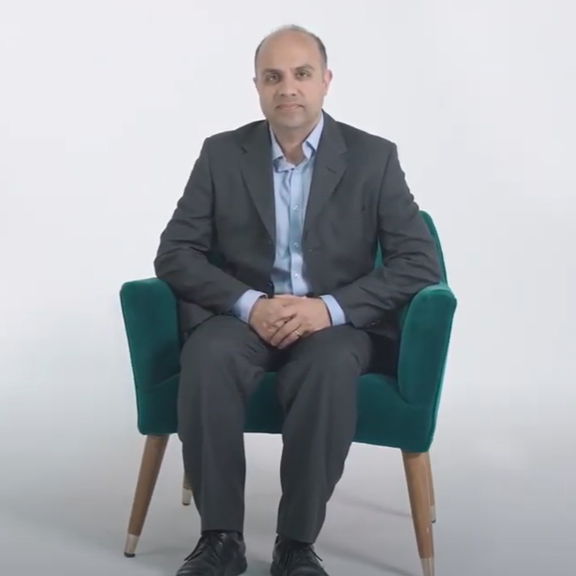Bowel cancer
Bowel cancer is a primary cancer that starts in the large bowel or the back passage (rectum). It’s also called colorectal cancer or colon cancer.
What is bowel cancer?
Bowel cancer is when the cells that line the lower part of our digestive tract (colon and rectum) start to grow abnormally and in an uncontrolled way.
It usually starts from small growths called polyps, although these aren’t always cancerous and can be removed by a doctor before they become a problem.
Sometimes bowel cancer spreads through your lymph system or blood supply to other parts of your body, such as your liver or your abdomen. When this happens, it has metastasised and is harder to treat.
Bowel cancer is a common cancer and about a quarter of cases are picked up during screening, which is now being offered to many people aged 55 and over.
As with all cancers, the earlier it’s detected the better the chance of successful treatment.
How to tell if you have bowel cancer
The main bowel cancer symptoms are:
- A change in bowel habit, such as persistent diarrhoea or constipation
- Abdominal pain
- Iron deficiency anaemia which can make you feel very tired
- Frequent anal bleeding
- Unexplained weight loss
Bowel cancer symptoms can be similar to other cancers but are often a sign of less serious conditions such as irritable bowel syndrome (IBS) or haemorrhoids.
It’s important to see your GP if you have any of these symptoms, particularly if it’s for more than a few weeks, or your symptoms have returned.
Talk to your doctor if you’re concerned about symptoms
You can book an appointment with a Spire private GP today.
Diagnosis and tests for bowel cancer
Your doctor will ask about your symptoms and medical history. They may:
- Examine your abdomen and rectum for signs of any lumps
- Arrange a blood test to check for anaemia
If they suspect bowel cancer they’ll refer you for one of these tests:
- A flexible sigmoidoscopy – a long flexible tube with a camera on the end is passed through your rectum to see inside your bowel and your doctor may take a small tissue sample (biopsy) for further analysis in a laboratory
- A colonoscopy – this is similar to a sigmoidoscopy but uses a longer tube to view your entire bowel
- CT colonography or virtual colonoscopy – this is an alternative procedure where a CT scanner is used to create a 3D image of your bowel
If these tests show bowel cancer, you’ll be referred for other tests to find out the stage of your cancer and whether it’s spread. These include:
- CT scan
- PET-CT scan
- Ultrasound
- MRI scan
Causes of bowel cancer
Certain factors increase your risk of getting bowel cancer. These are:
- Your age – nine out of 10 people are diagnosed over the age of 60
- A family history of bowel cancer
- Another medical condition such as ulcerative colitis or Crohn’s disease
Other preventable lifestyle causes are:
- A diet that’s low in fibre and high in red meat
- Being overweight
- Drinking too much alcohol
- Lack of exercise
- Smoking
Bowel cancer surgery Q&A
Mr Jamshed Shabbir, Consultant Colorectal Surgeon
Mr Jamshed Shabbir explains that the mainstay for bowel cancer treatment is surgery under general anaesthetic using keyhole or laparoscopic cameras. The average hospital stay for bowel cancer surgery is four to five days and it usually takes four to six weeks to fully recover.
Common treatments for bowel cancer
Treatment depends on the type of bowel cancer, and whether or not it’s spread. Often, you’ll have a combination of one or more of these treatments:
- Surgery – often offered for early bowel cancer to remove primary tumours
- Chemotherapy drugs – to destroy any cancer cells that spread to other parts of your body through your blood or lymph fluids
- Radiotherapy – to shrink tumours, sometimes before surgery or to ease pain
- Biological treatments – these are new types of drugs that can work alongside chemotherapy to prevent cancer spreading


